China goes ahead with its anti-Ebola aid
( Xinhua ) Updated: 2014-11-01 15:13:07Since the outbreak of Ebola, the Chinese government has taken the lead in responding to the appeal of the affected countries and the World Health Organization (WHO).
Starting from April this year, China, the first foreign country to provide assistance to the affected nations, has delivered three batches of emergency relief items to the affected countries. The fourth batch is under way.
In addition to providing fund, food, and disease prevention materials, China also set up laboratories and holding centers and sent expert groups and medical teams to the affected countries.
On Friday in Beijing, China pledged to continue its assistance to those African countries.
"China's assistance will not stop as long as the Ebola epidemic (continues) in West Africa," said Lin Songtian, director of the Chinese Foreign Ministry's African Affairs Department.
So far, China has directed aid worth 122 million dollars in four batches to West African countries.
The fourth batch of assistance, announced on Friday for the construction of a 100-bed treatment center in Liberia, will be managed and operated by a medical team from the People's Liberation Army (PLA), said Lin.
The treatment center will be the only one in the three epidemic-stricken countries that is constructed, staffed and operated by a foreign country, Lin added.
The Chinese government has selected and trained 480 medical staff from the PLA to be sent to Liberia.
Also in the fourth round of assistance, China will provide 60 ambulances, 100 motorcycles, 10,000 health-care kits, 150,000 pieces of personal protection equipment as well as other materials such as hospital beds, pick-up trucks and incinerators.
The Asian country will send more health experts to help train local medical personnel and draft a long-term plan for China-Africa public health cooperation.
Besides, China will donate 6 million dollars to the UN Ebola Response Multi-partner Trust Fund and work with international organizations and countries concerned to help African countries, Lin said.
Lin said there are nearly 200 Chinese medical staff in West Africa at present and with the addition of the fourth batch of assistance, the experts and medical staff sent by China to the region will surpass 700.
The WHO on Friday unveiled its latest revised figures, saying 4,951 people had died of Ebola in eight countries and a total of 13,567 Ebola cases were reported, as of October 29.
Earlier this week the WHO had reported 4,922 deaths and 13,703 cases, most deaths were in Liberia, Sierra Leone and Guinea.
It said the case figure was revised down after finding that some cases, particularly in Guinea, were not actually Ebola.
The latest WHO figures showed Liberia with 2,413 deaths in 6,535 cases of Ebola, Sierra Leone with 1,510 deaths in 5,338 cases, and Guinea with 1,018 deaths in 1,667 cases.
Meanwhile, the organization on Friday published recommendations on personal safety protection to health workers for treating patients with filovirus infection, including Ebola and Marburg.
The guideline listed a dozen recommendations, from head to toe.
On top of the list is the protection of one's eyes, nose and mouth, as the main route of infection is through contact of contaminated blood or other bodily fluids like vomit and sweat, with the mucous membranes.
The experts recommended health workers have these organs covered with personal protective equipment (PPE) whenever they provide clinical care. Choices include face shields, goggles and medical masks.
A second area the guideline focused on is the protection of hands. Double gloves are recommended to reduce the potential risk of transmission due to glove holes, or chemical erosion.
Although PPE is the most visible control to prevent transmission, the WHO says that it must be used together with other means of controls, including facilities protecting nursing areas, water and sanitation, and waste management and ventilation.
- Flu season set to stir up Ebola fears
- Nigeria sets example in fight against Ebola
- No letup for Chinese aid in West Africa's Ebola fight
- China pledges continuous Ebola aid to Africa
- Finland prepares to treat first suspected Ebola patient
- World Bank pledges $100m more to fight Ebola outbreak
- China's aid to support war against Ebola arrives in Ghana
|
|
|
|
|
|
|
|
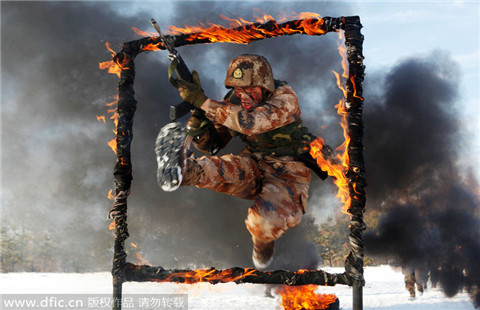
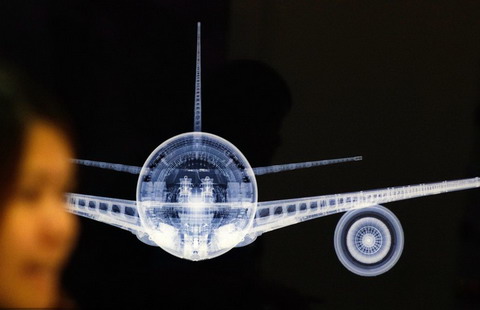

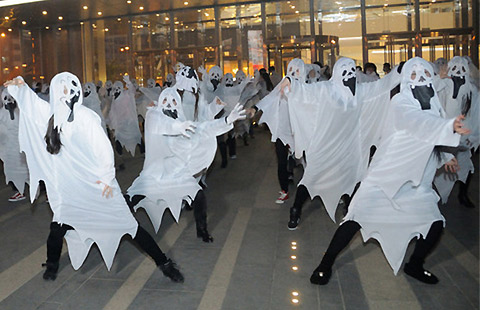


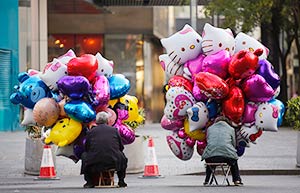


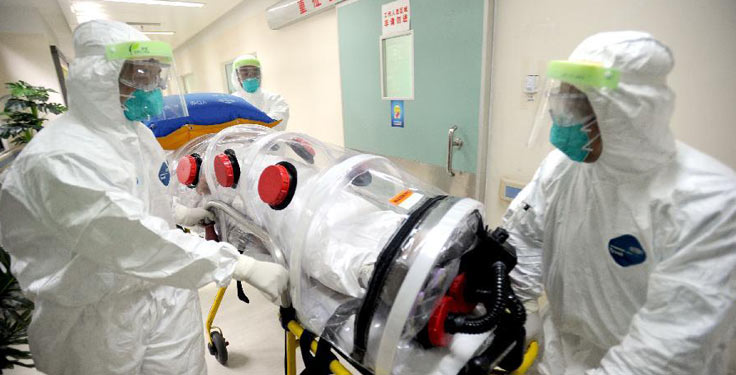
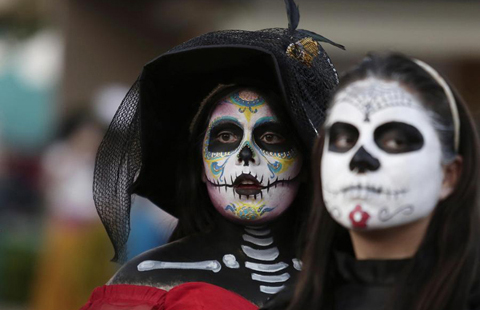
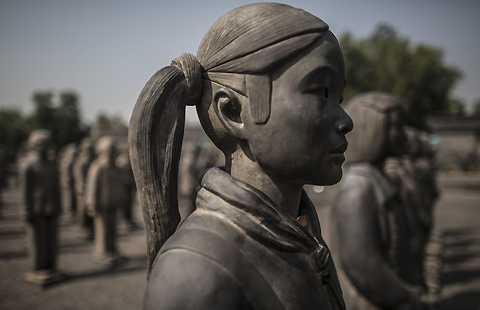




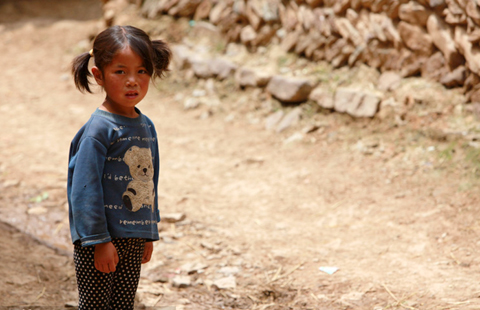

 Raymond Zhou
Raymond Zhou Op Rana
Op Rana Berlin Fang
Berlin Fang Zhu Yuan
Zhu Yuan Huang Xiangyang
Huang Xiangyang Chen Weihua
Chen Weihua